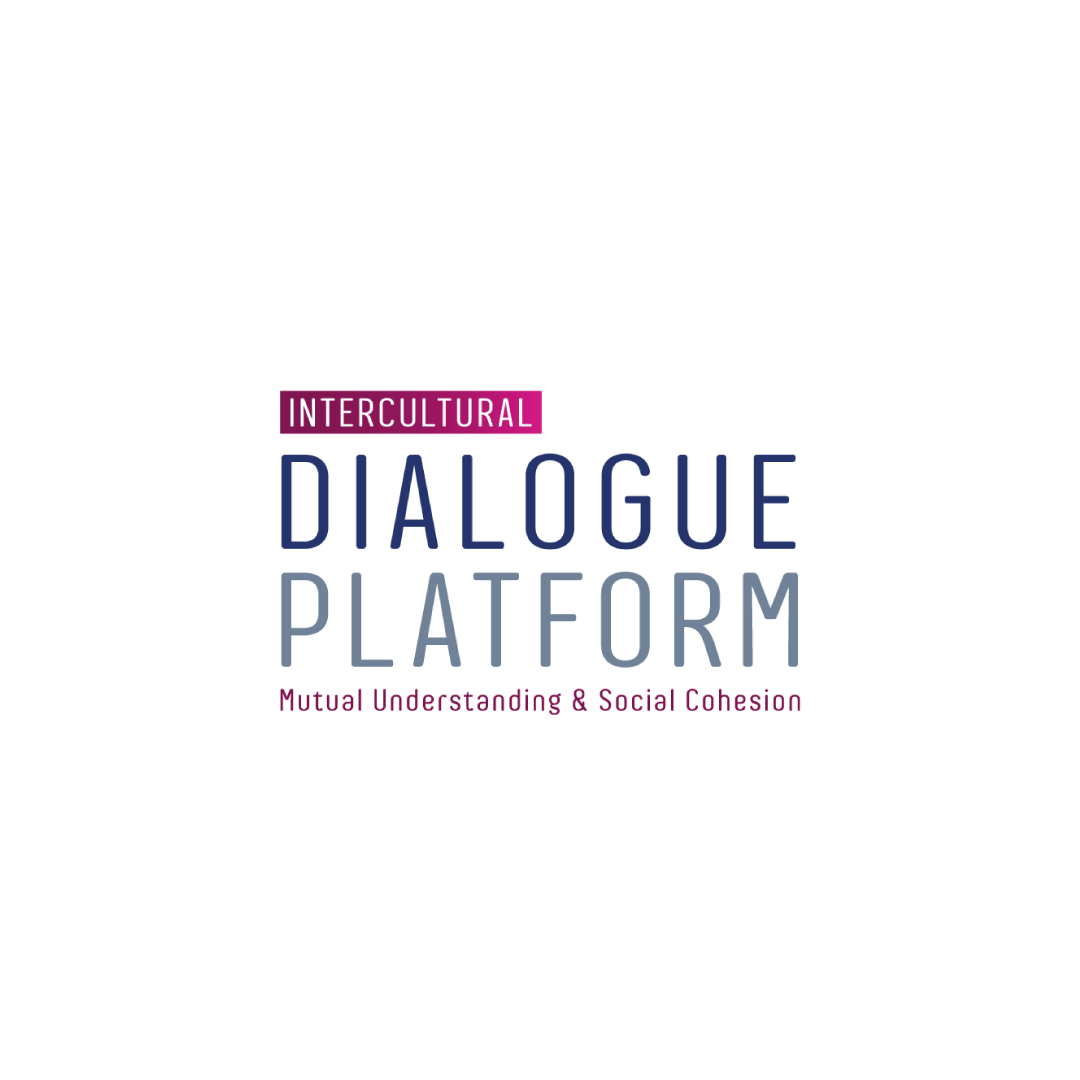
Citizen Z
- Deliberative Democracy Days
- March 13-15, 2023
- November 13-14, 2023
- March 4-5, 2024
- May 6-7, 2024
- October 14-15, 2024
- …
- Deliberative Democracy Days
- March 13-15, 2023
- November 13-14, 2023
- March 4-5, 2024
- May 6-7, 2024
- October 14-15, 2024
Citizen Z
- Deliberative Democracy Days
- March 13-15, 2023
- November 13-14, 2023
- March 4-5, 2024
- May 6-7, 2024
- October 14-15, 2024
- …
- Deliberative Democracy Days
- March 13-15, 2023
- November 13-14, 2023
- March 4-5, 2024
- May 6-7, 2024
- October 14-15, 2024
Join us in strengthening the participation of young citizens in democratic and civic life.
Contemporary political attitudes are characterized by significant political indifference, disengagement from public life, and a decline in political participation, especially among young people. The level of interest in politics among young people is steadily declining in almost all EU countries. In this regard, social and political actors involved in the process of building civic awareness among new generations should endeavor to make political participation more attractive to young people.
The Citizen Z Project aims to deal with this problem by enhancing civic engagement and democratic participation of EU citizens, in particular youth.

The Citizen Z intends to pursue these main priorities:
- Strengthening democratic participation;
- Strengthening citizen empowerment;
- Fostering inclusion in the EU;
- Bringing citizens closer to the EU;
- Countering misinformation;
- Contributing to creating informed choices among citizens.
The specific objectives identified for the project are listed as follows:

Informing
Enabling young people to deepen/broaden their knowledge of the EU institutions, values, policies, and the interconnection and interdependence between local, national, and European politics, including the democratic process at work in the various local, national, and European elections.

Promoting
Increasing young people’s interest in democratic participation, debate culture and the level of attention in local and European issues of public interest.

Empowering
Offering young people new opportunities for civic engagement and empowering young people to make better-informed decisions.

Participating
Supporting and increasing the inclusion of young people in democratic processes, including traditional forms of participation, formal and informal political activities, and/or encouraging them to take an active part in policy making.

Contributing
Supporting and implementing the principle of horizontal subsidiarity, creating, or strengthening the fiduciary/trust relationship between local and European institutions.
Activities
The deliberative model, considered as a tool to promote informed debate and contribute to the co-design of policies, has been used mainly at the local level. More particularly, it has been deployed at the municipal level to engage citizens in the search for solutions to micro-problems. The Citizen Z seeks to stimulate a dynamic of change, which intends to go beyond this status quo to also encompass EU-related and other macro issues.
This intention is reflected in the project through two rounds of activities.

In the first round of deliberations, the focus will be on local life and the local perception of issues that are immediately problematic for citizens. The first round will represent the process of localizing European experience or issues (e.g. related to pollution, environmental problems, job insecurity, well-being, etc.). A range of deliberative methods of informal participation will be organized to enable participants to work together (often with expert input) to develop an agreed viewpoint or set of recommendations.

In the second round of deliberations, the contextualization of local issues within a European perspective will allow extending the focus of the debate to the European level and to higher policy issues. It will aim at deepening and contextualizing the same macro-issues on the regional/European level. Participants will explore whether the macro issues they have identified in their communities are also relevant on a larger scale at the regional or European level and how they are currently handled by policymakers. Then, the final results of the second round of local deliberations with young people in Belgium, Croatia, Italy, and the Netherlands will be presented. Finally, the final conclusions and recommendations to relevant actors, decision-makers, and other stakeholders at the European level will be disseminated.
Partners

Coordinator contact: Ludmila Malai, Intercultural Dialogue Platform
Email:
info@dialogueplatform.eu
Phone: +3225138116
Funded by the European Union. Views and opinions expressed are however those of the author(s) only and do not necessarily reflect those of the European Union or EACEA. Neither the European Union nor the EACEA can be held responsible for them.
Design by Lapo Lapo © 2022-2023














